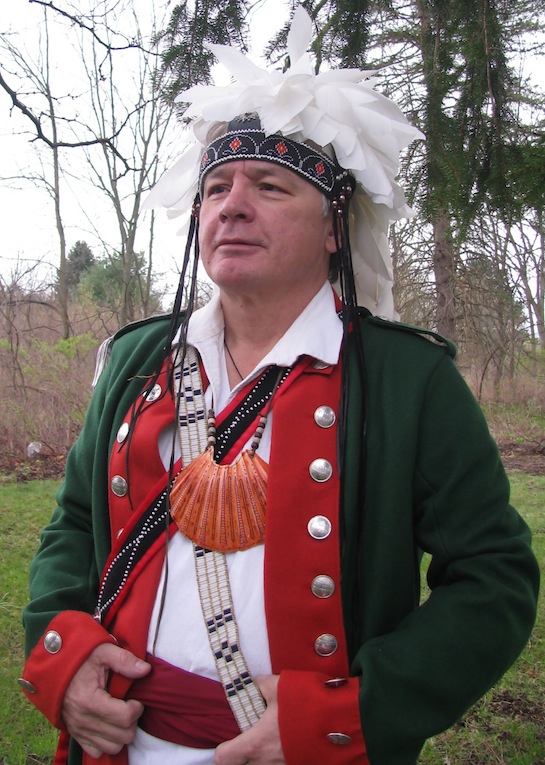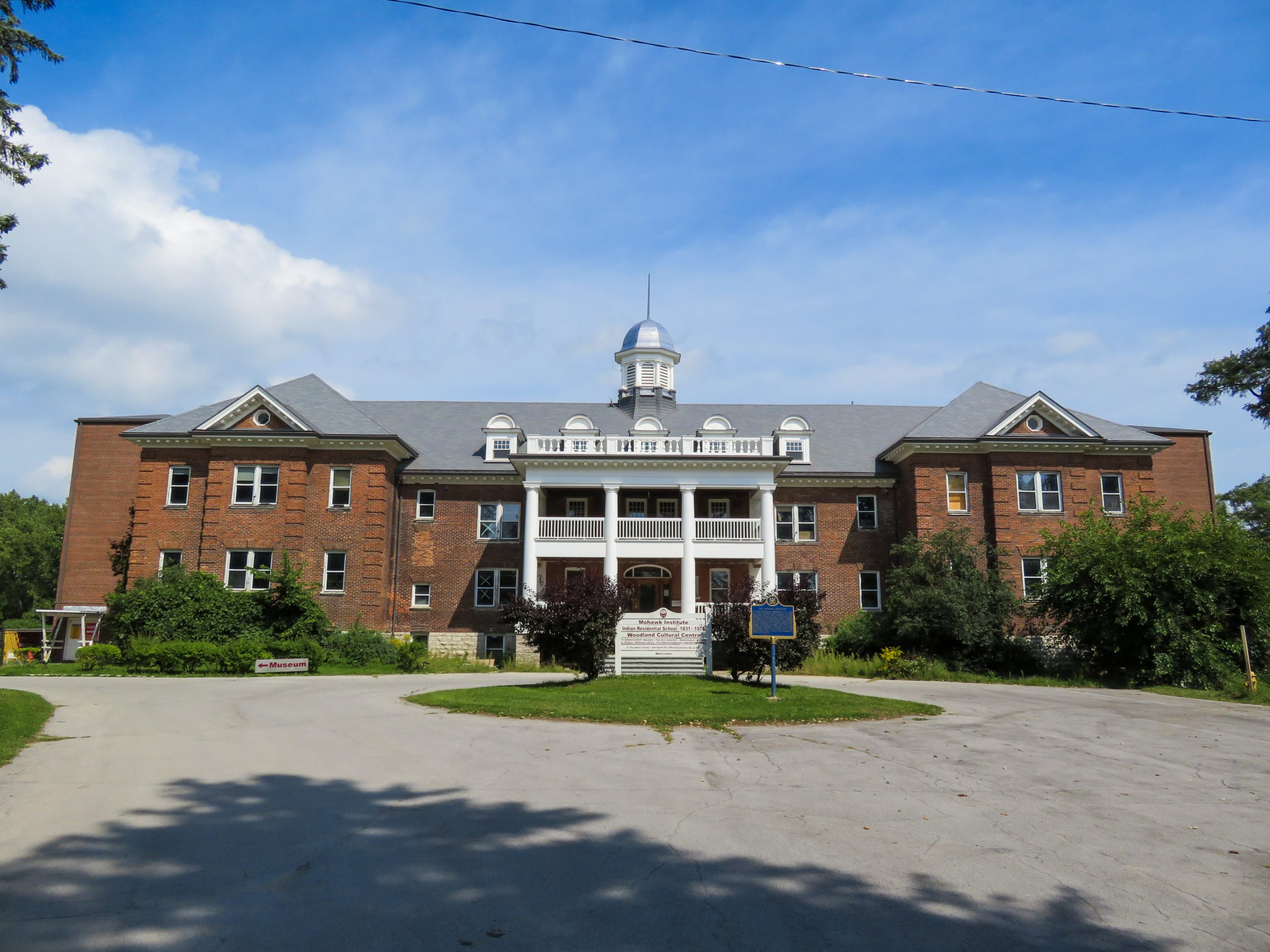Indianz.Com > News > Doug George-Kanentiio: Residential school survivors maintain our ancestral lands
Akwesasronon Shonataten:ron (Mohawk Residential School Survivors) And Our Ancestral Lands
Monday, July 25, 2022
One of the intents of the Canadian and U.S. governments in creating the boarding-residential schools was to alienate indigenous people from their ancestral lands. No other compulsion has been as powerful as the possibility of possessing land which in Europe was beyond the reach of most people, the “peasants” and “serfs” bound to a life time of servitude to their “lords” who wielded the power of the state and church in actively suppressing any attempt to challenge or even question the validity of the ruling elite.
Centuries of conflict ensued when the Indigenous nations fought to prevent the theft of their territories by a settler people gone mad when they were told that this “untamed wilderness” was theirs for the taking once the inhabitants were removed. To do that, the humans, the Onkweh, had to be demeaned. Genocide needed justification as morally and lawfully correct, hence the creation of the great myths, the lies, about those who were to be extinguished.
There should be no doubt about this cruel fact: residential schools were an extension of these acts. This was codified under the encomienda system established by the Spaniards which demanded tribute to the Roman Catholic Church and the Spanish Crown (both deriving their authority from “god”) in the form of labour or taxes. In exchange the Natives were given formal instruction in the doctrines and rituals of both entities.
Nothing will be done for us without us. No one may speak on our behalf without our express approval.

Doug George-Kanentiio, Akwesasne Mohawk, is a residential school survivor. He was given the number 4-8-2-738. He serves as the vice-president of the Hiawatha Institute for Indigenous Knowledge. He previously served as a Trustee for the National Museum of the American Indian, is a former land claims negotiator for the Mohawk Nation and is the author of numerous books and articles about the Mohawk people. He may be reached via e-mail at: Kanentiio@aol.com or by calling 315-415-7288.
Search
Filed Under
Tags
More Headlines
Cronkite News: Gathering addresses ‘epidemic’ among Native people
VIDEO: Cody Desautel on tribes and federal forest management
AUDIO: Legislative Hearing on Discussion Draft of Forest Management Bill
Native America Calling: Remembering the 1974 Navajo border town murders
Native America Calling: Can the right approach close the Native immunization gap?
Cronkite News: Long COVID cases remain high in Arizona
Native America Calling: Eyes in the sky for development, public safety, and recreation
Native America Calling: Three new films offer diverse views of Native life
NAFOA: 5 Things You Need to Know this Week
Chuck Hoskin: Cherokee Nation works toward cure for arthritis
Native America Calling: Protecting young people from the down sides of social media
Cronkite News: Fake ‘shaman’ among candidates failing to make Congressional ballot
Native America Calling: New Native voices in poetry
Cronkite News: Tribes air concerns about border at hearing in nation’s capital
Native America Calling: Indiginerds descend on Oklahoma City
More Headlines
VIDEO: Cody Desautel on tribes and federal forest management
AUDIO: Legislative Hearing on Discussion Draft of Forest Management Bill
Native America Calling: Remembering the 1974 Navajo border town murders
Native America Calling: Can the right approach close the Native immunization gap?
Cronkite News: Long COVID cases remain high in Arizona
Native America Calling: Eyes in the sky for development, public safety, and recreation
Native America Calling: Three new films offer diverse views of Native life
NAFOA: 5 Things You Need to Know this Week
Chuck Hoskin: Cherokee Nation works toward cure for arthritis
Native America Calling: Protecting young people from the down sides of social media
Cronkite News: Fake ‘shaman’ among candidates failing to make Congressional ballot
Native America Calling: New Native voices in poetry
Cronkite News: Tribes air concerns about border at hearing in nation’s capital
Native America Calling: Indiginerds descend on Oklahoma City
More Headlines
